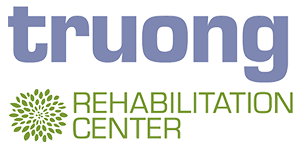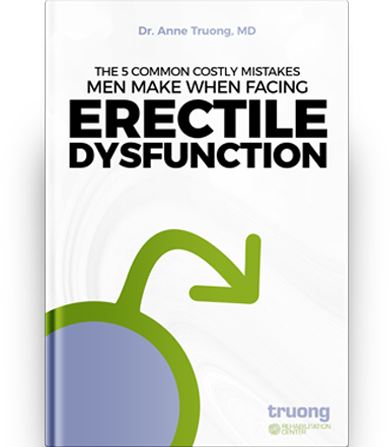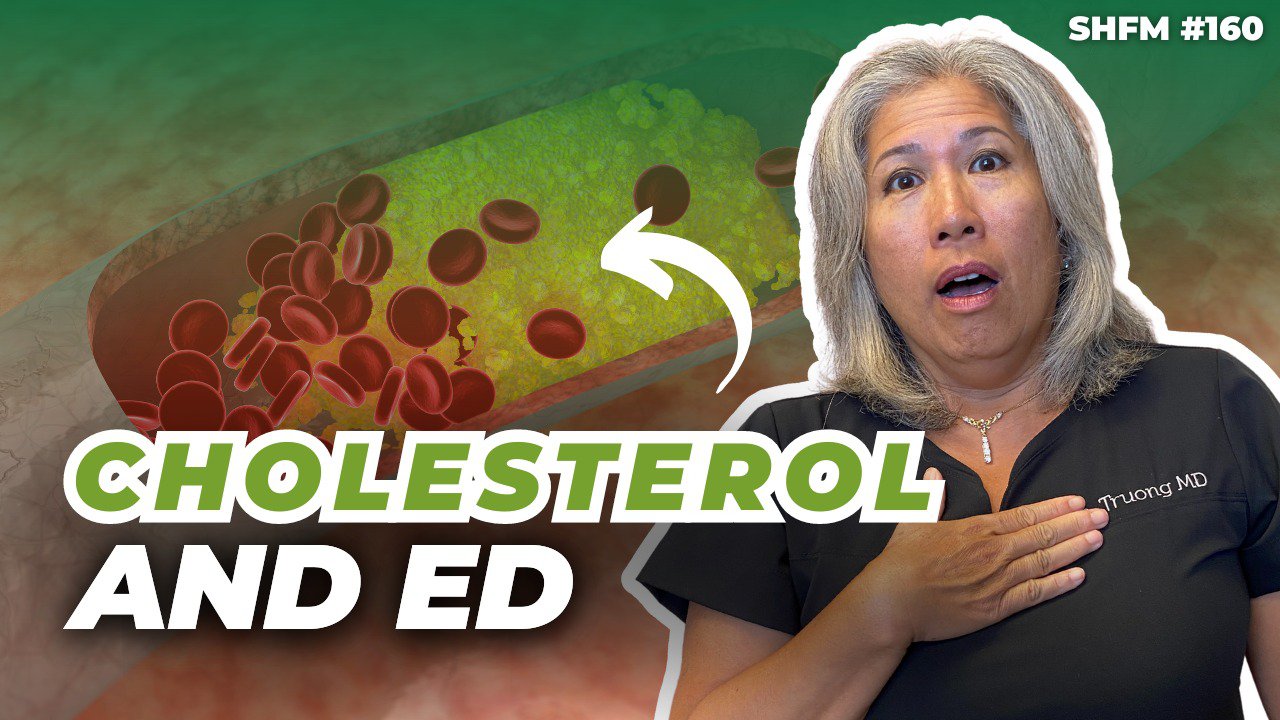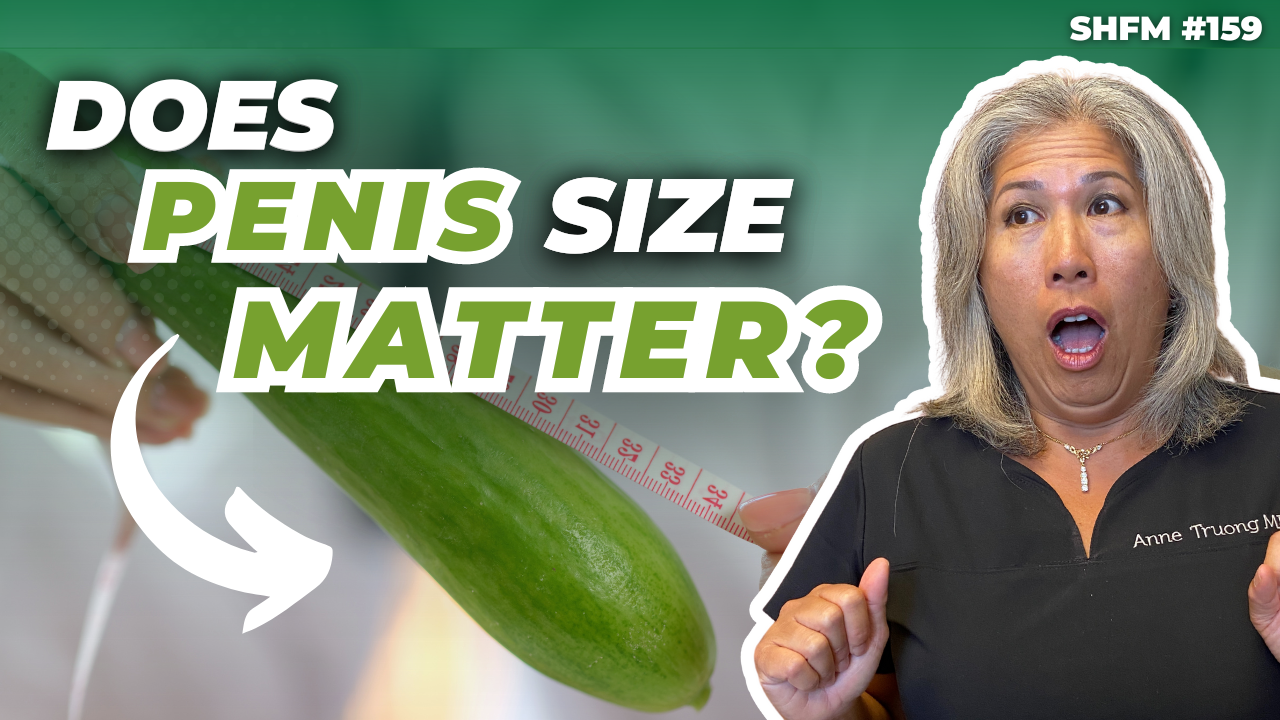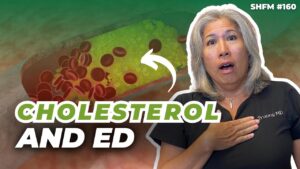Testosterone is the main male sex hormone, but females also have small amounts of it.
It is a steroid hormone, produced in men’s testicles and women’s ovaries (the adrenal glands also produce small amounts).
During puberty in boys, testosterone is one of the main drivers of physical changes like increased muscle, deeper voice and hair growth.
However, having optimal levels is also important throughout adulthood and even during old age.
In adults, healthy levels are important for general health, disease risk, body composition, sexual function, and just about everything else.
Additionally, increasing your testosterone levels can cause rapid gains in muscle mass and vitality in only a matter of weeks.
Interestingly, it also plays an important role in female health and sexual well-being.
The research is pretty conclusive: both genders should ensure they have healthy levels of testosterone, especially as they age beyond 40 years.
Here are 8 evidence-based ways to increase testosterone levels naturally.
1. Exercise and Lift Weights
Exercise is one of the most effective ways to prevent many lifestyle-related diseases. Interestingly, it can also boost your testosterone.
A large review study found that people who exercised regularly had higher testosterone levels. In the elderly, exercise increases testosterone levels, fitness and reaction time.
New research in obese men suggests that increased physical activity was even more beneficial than a weight loss diet for increasing testosterone levels.
Resistance training, such as weight lifting, is the best type of exercise to boost testosterone in both the short- and long-term.
High-intensity interval training (HIIT) can also be very effective, although all types of exercise should work to some extent.
Taking caffeine and creatine monohydrate as supplements may further boost your levels when combined with a training program.
2. Eat Protein, Fat and Carbs
What you eat has a major impact on testosterone as well as other hormone levels.
Therefore, you must pay attention to your long-term calorie intake and diet strategy.
Constant dieting or overeating may disrupt your testosterone levels.
Eating enough protein can help maintain healthy levels and aid in fat loss, which is also associated with your testosterone.
Carb intake also plays a role, with research showing carbs can help optimize testosterone levels during resistance training.
However, research demonstrates that sufficient healthy fats are also beneficial for testosterone and health.
A diet based mainly on whole foods is best, with a healthy balance of fat, protein and carbs. This can optimize both hormone levels and long-term health. A Mediterranean diet is the most appropriate.
3. Minimize Stress and Cortisol Levels
Research is always highlighting the dangers of long-term stress, which can elevate levels of the hormone cortisol.
Unnatural elevations in cortisol can quickly reduce testosterone. These hormones work in a seesaw-like manner: as one goes up, the other comes down.
Stress and high cortisol can also increase food intake, weight gain and the storage of harmful body fat around your organs. In turn, these changes may negatively impact your testosterone levels.
For both optimal health and hormone levels, you should try to reduce repetitive stressful situations in your life.
Focus on a diet based on whole foods, regular exercise, good sleep, laughter and a balanced lifestyle, all of which can reduce stress and improve your health and testosterone levels.
High levels of stress are bad for your long-term health and can reduce your testosterone levels.
4. Get Some Sun or Take a Vitamin D Supplement
Vitamin D is quickly becoming one of the world’s most popular vitamins.
Research has shown that it has various health benefits, and may also work as a natural testosterone booster.
Despite its importance, nearly half of the US population is deficient in vitamin D, and an even higher percentage has sub-optimal levels.
A 12-month study found that supplementing with around 3,000 IU of vitamin D3 per day increased testosterone levels by around 25%.
In the elderly, vitamin D and calcium also optimized testosterone levels, which led to a reduced risk of falling.
To boost testosterone and reap the other benefits of vitamin D, try to get regular exposure to sunlight or take around 3,000 IU of a vitamin D3 supplement daily.
Vitamin D3 supplements may boost testosterone levels, especially in the elderly and people who have low blood levels of vitamin D.
5. Take Vitamin and Mineral Supplements
Although the benefits of multivitamins are hotly debated, specific vitamins and minerals may be beneficial.
In one study, zinc and vitamin B supplements increased sperm quality by 74%. Zinc also boosts testosterone in athletes and those who are deficient in zinc.
Out of all the vitamins and minerals available, the research on testosterone shows vitamin D and zinc supplements may be best.
6. Get Plenty of Restful, High-Quality Sleep
Getting good sleep is just as important for your health as diet and exercise.
It may also have major effects on your testosterone levels.
The ideal amount of sleep varies from person to person, but one study found that sleeping only 5 hours per night was linked to a 15% reduction in testosterone levels.
One long-term study observed that those who slept only four hours per night had borderline deficient levels.
Other long-term studies support this. One study calculated that for every additional hour of sleep you get, testosterone levels rise 15% higher, on average.
Although some people seem to do fine with less sleep, research suggests around 7–10 hours of sleep per night is best for long-term health and testosterone.
7. Take Some of These Natural Testosterone Boosters
Only a few natural testosterone boosters are supported by scientific studies.
The herb with the most research behind it is called ashwagandha.
One study tested the effects of this herb on infertile men and found a 17% increase in testosterone levels and a 167% increase in sperm count.
In healthy men, ashwagandha increased levels by 15%. Another study found it lowered cortisol by around 25%, which may also aid testosterone.
Ginger extract may also boost your levels. It is a delicious herb that also provides various other health benefits.
Most of the research on ginger has been done in animals. However, one study in infertile humans found that ginger can boost testosterone levels by 17% and increase levels of other key sex hormones.
Other popular herbs that are supported by some studies in both animals and humans include horny goat weed, Mucuna pruriens, shilajit and tongkat ali.
Yet it’s important to note that most of the positive research has been conducted in mice or infertile humans with low testosterone levels.
If you have healthy testosterone function and normal levels, it is unclear whether you will benefit much from these supplements.
8. Follow a Healthy Lifestyle and Avoid Estrogen-like Compounds
There are several other factors that may affect your hormone levels.
A healthy sex life plays an important role in regulating your sex hormone and testosterone levels.
High exposure to estrogen-like chemicals may also affect your levels, so try to minimize daily exposure to BPA, parabens and other chemicals found in some types of plastic.
It’s probably no surprise that excess alcohol or drug use, whether it’s medical or recreational, can also decrease testosterone levels.
In contrast, laughter, happiness and success may help boost your health and testosterone levels — so make sure they’re a part of your daily life.
Why Do Testosterone Levels Matter?
From the age of 25–30, a man’s testosterone levels naturally start to decline.
This is a problem because strong research shows a link between low testosterone and obesity, increased disease risk, and premature death.
Healthy testosterone levels are also important for women, along with other key hormones such as estrogen and progesterone.
Therefore, everyone should take the necessary lifestyle steps to optimize testosterone levels. You will improve your health and body at the same time.
